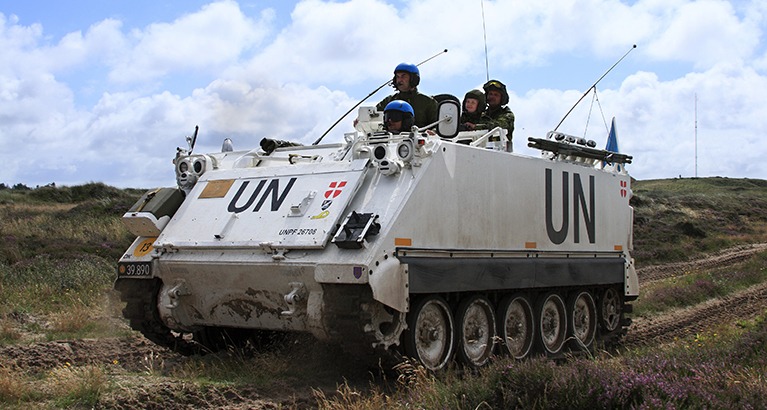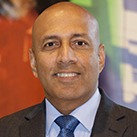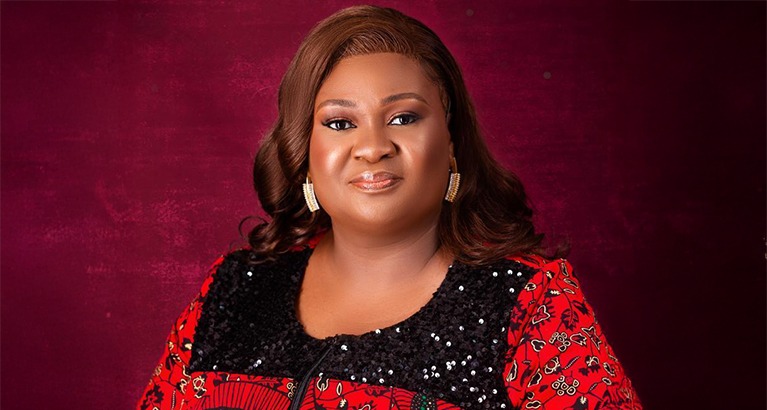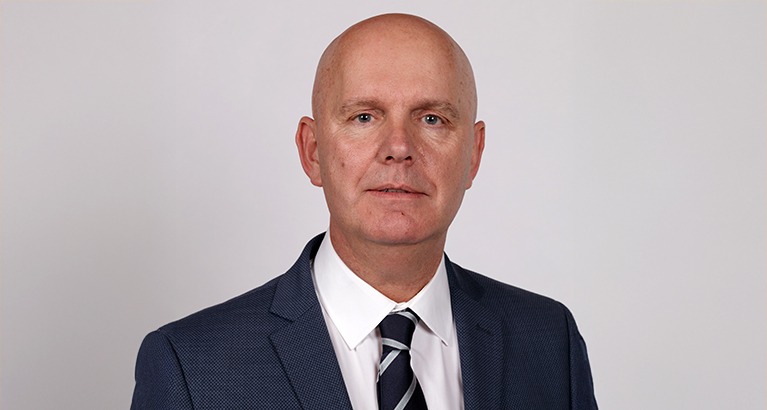The Cambridge Peaceshaping and Climate Lab (CPCL), an initiative that aims to stimulate innovation in order to spot climate-related conflict before it occurs, has been launched at Cambridge Judge Business School, University of Cambridge.
The goal of the new Lab, which is part of the Cambridge Centre for Social Innovation, is to pre-empt climate-related conflict through socio-ecological action such as mitigations to damaged environments, or if that fails to inform policy makers in order to seek timely peacekeeping interventions.
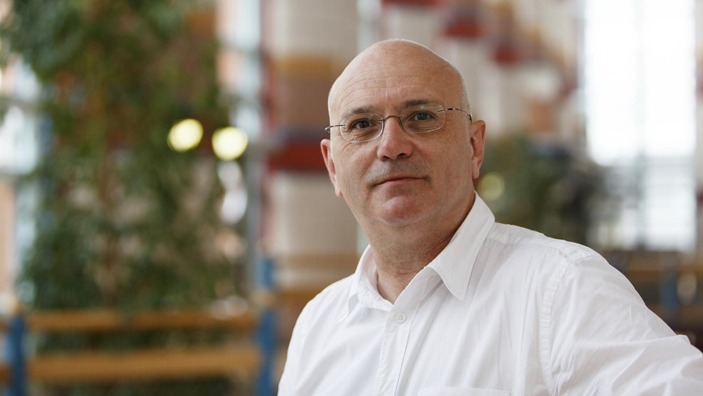
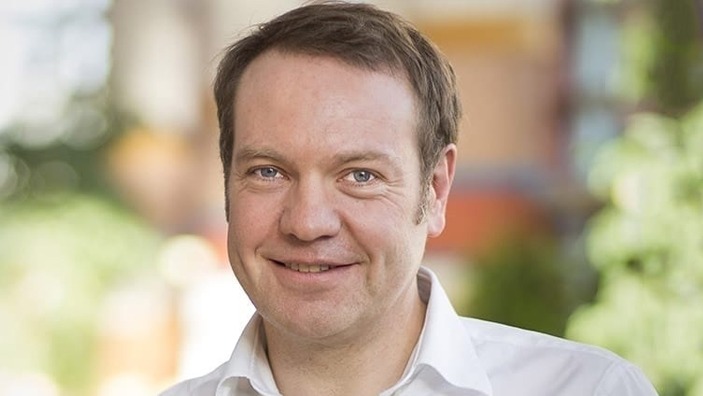
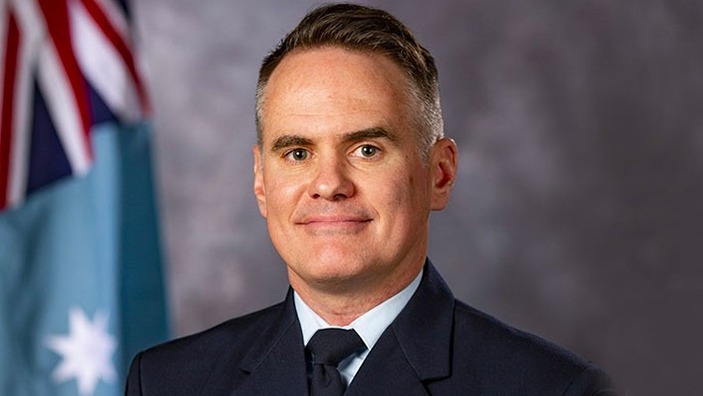
Research and action to prevent climate-related conflict
“The Lab aims to stimulate research and action to prevent climate change contributing to conflict – new or existing,” said Neil Stott, Lead of the CPCL, who is Management Practice Professor of Social Innovation and Co-Director of the Cambridge Centre for Social Innovation at Cambridge Judge.
“The intensification of climate change threatens how water, food, transport and energy systems are organised. The complex interrelationship of climate, ecosystems and human activity creates a high degree of climate uncertainty, and fear related to ecological fragility can make relationships fraught. But will the intensification of climate enmities lead to violence, conflict and war? We do not know the answer. But climate uncertainty itself can drive enmities and create enemies, real or imagined,” says Neil.
Planned initiatives: Cambridge Peaceshaper’s Incubator
Research and initiatives planned by the new Lab include ‘spot and stop’ exploration of the link between climate and conflict, exploration of the link between climate and climate mobility, and ‘peacegaming’ that uses games as a means to informing and educating policy makers, practitioners and educators.
Another planned initiative is creation of the Cambridge Peaceshaper’s Incubator that seeks to create or scale existing peace-keeping initiatives; this global online incubator is modelled after the successful Cambridge Social Ventures incubator operated by the Cambridge Centre for Social Innovation that has helped the growth of many social enterprises. The peaceshaping incubator will be open to social ventures, projects and partnerships – from the global to the local.
Commitment to tackling global issues
The Cambridge Peaceshaper’s Incubator underlines the commitment of Cambridge Judge Business School to tackling some of the world’s most difficult issues including sustainability and conflict. We look forward to the research and other work of this Lab, which has the potential to make a tangible difference.
Inaugural events during New York Climate Week
To help inaugurate the CPCL, the Lab plans events during New York Climate Week (the week of 22-29 September), including issuing a joint report with BCG (Boston Consulting Group) relating to water and mobility. Several Fellows and alumni of Cambridge Judge are helping to organise these events.
The New York events will be followed in December with publication of a a report on dust and sand storms in conjunction with the United Nations and Cambridge Zero, an initiative of the University of Cambridge that seeks net zero carbon emissions, which will be launched in December in Saudi Arabia as part of the COP climate-change process; the next UN Climate Change Conference (COP 29) will be held in Baku, Azerbaijan in November 2024.
New research paper identifies peaceshaping and warshaping
In a just-completed paper entitled “Peaceshaping”, the Cambridge Centre for Social Innovation identifies 2 “distinct but interrelated categories of institutional work with great consequences for peace institutions: ‘peaceshaping’ and ‘warshaping’” – and they define peaceshaping as the “disruption of institutions which sustain enmity and the creation and preservation of institutions which constrain enmity and build amity”.
The paper is co-authored by Neil Stott, Paul Tracey, Professor of Innovation and Organisation and Co-Director of the CCSI at Cambridge Judge, and Dr Jarrod Pendlebury, a Research Fellow at the CCSI. Jarrod was recently named to Australia’s King’s Birthday Honours for outstanding achievement as the Australian Military Advisor to the United Nations.
Featured faculty
Neil Stott
Management Practice Professor of Social Innovation
Paul Tracey
Professor of Innovation and Organisation


